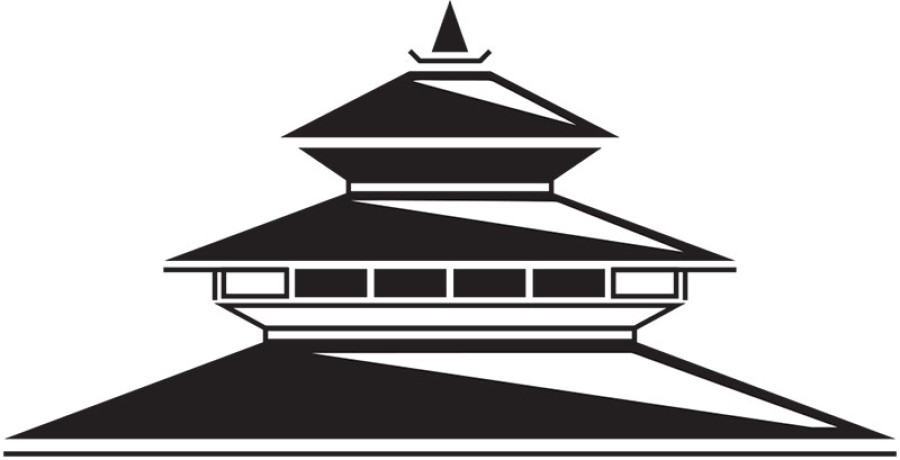Editorial
Going the wrong way
Two recent political decisions involving the Nepal Army (NA) have dragged the national security agency into controversy and have rightly raised questions about the proper role of the Army in a democracy.
Two recent political decisions involving the Nepal Army (NA) have dragged the national security agency into controversy and have rightly raised questions about the proper role of the Army in a democracy. In December last year, the Ministry of Information and Communications under the Pushpa Kamal Dahal-led government gave permission to the NA to operate FM radios in each of the seven provinces. The NA has already begun its test transmission in Dipayal in the Far West.
And in May this year, the Dahal-led government handed over the Kathmandu-Tarai expressway project to the NA after the decision to give the job to an Indian company became contentious. There is even speculation in some quarters that the contention was manufactured with the intention to hand over the project to the NA. Many, including a large section of the media, quickly bought the argument that granting the Fast-track project to the Army would prevent Indian entry into a high-profile and sensitive project.
Here’s a larger picture. There was a time when the Maoist People’s Liberation Army, under Dahal, and the Army fought each other fiercely. At the height of the insurgency, the Army had devised a plan to set up five FM stations under each command division to quell the Maoist propaganda. The idea was dropped later following protests. The former arch-enemies are now working together, which in itself is not wrong as the conflict has long ended.
However, what is problematic—and potentially dangerous—is the seemingly growing trend of senior politicians across the political spectrum cosying up to the Army. In that respect, it’s the political class that is mainly responsible for encouraging the growth in the Army’s non-military roles. The NA, for example, runs a mineral water plant, a medical college and a banquet venue, and the Army establishment now even scoffs at suggestions that it should keep out of businesses.
But it should keep in mind that involvement in business activities, and consequent controversies, will increasingly make it difficult for the NA to remain above public reproach. How far, for example, will the national defence force be a broadcaster in a democracy and who will keep an eye on it? The Press Council Nepal, as is the case with the mass media? Can the NA be challenged in civilian courts, as other media outlets are when government agencies and private individuals and institutions assume that they overstepped their boundaries?
The NA naturally argues that its intentions are clean and that armies in other democracies also run radio stations for informative programmes. But some of the countries in which the army operates its own radio stations are Pakistan and Thailand, which hardly are shining examples of democracy.
At a time when major state organs—executive, legislature and judiciary—are mired in one controversy after another, the Nepal Army is among the few institutions that have maintained a relatively independent image. It would be wise for it to remain so.




 9.7°C Kathmandu
9.7°C Kathmandu














